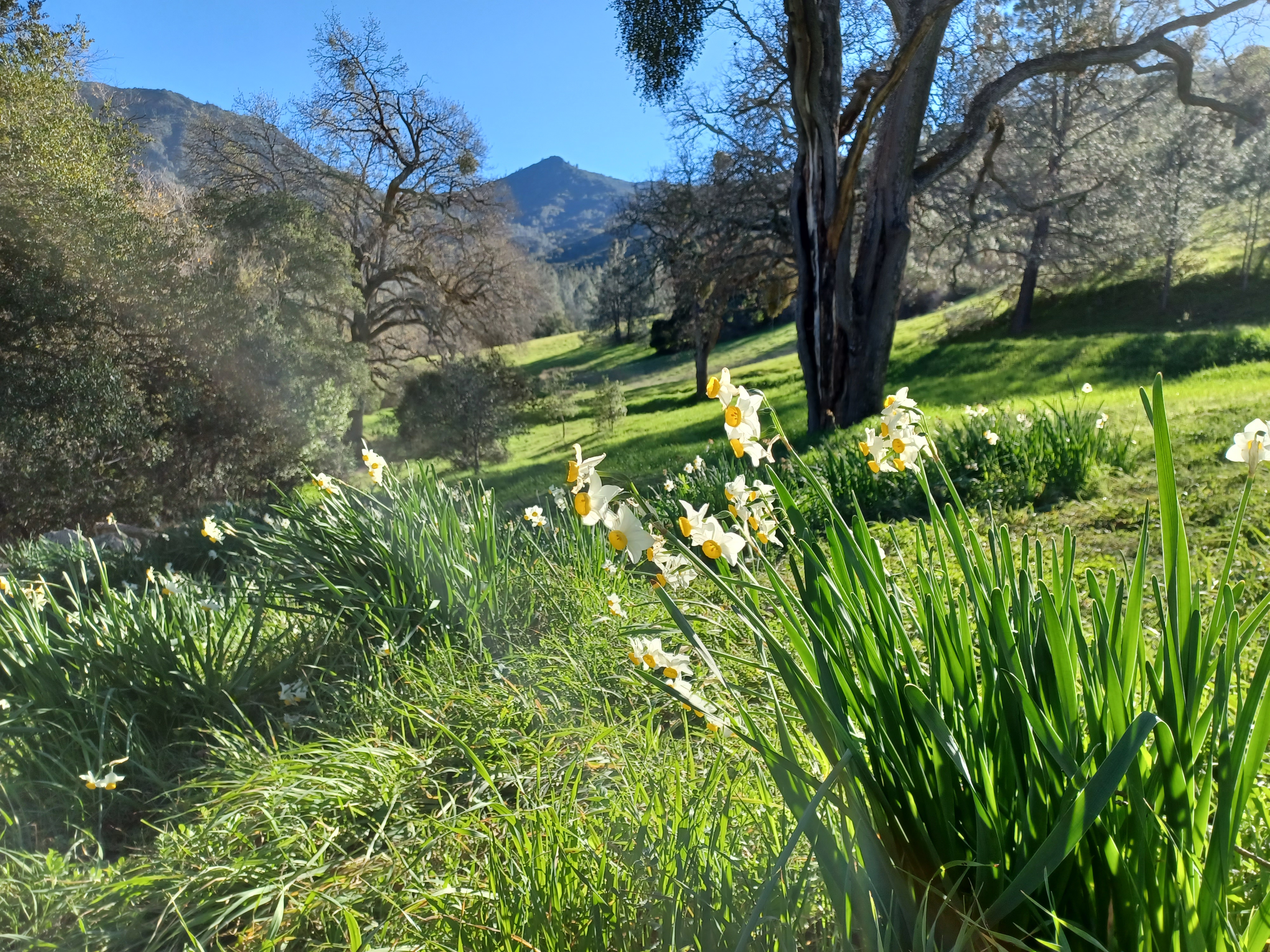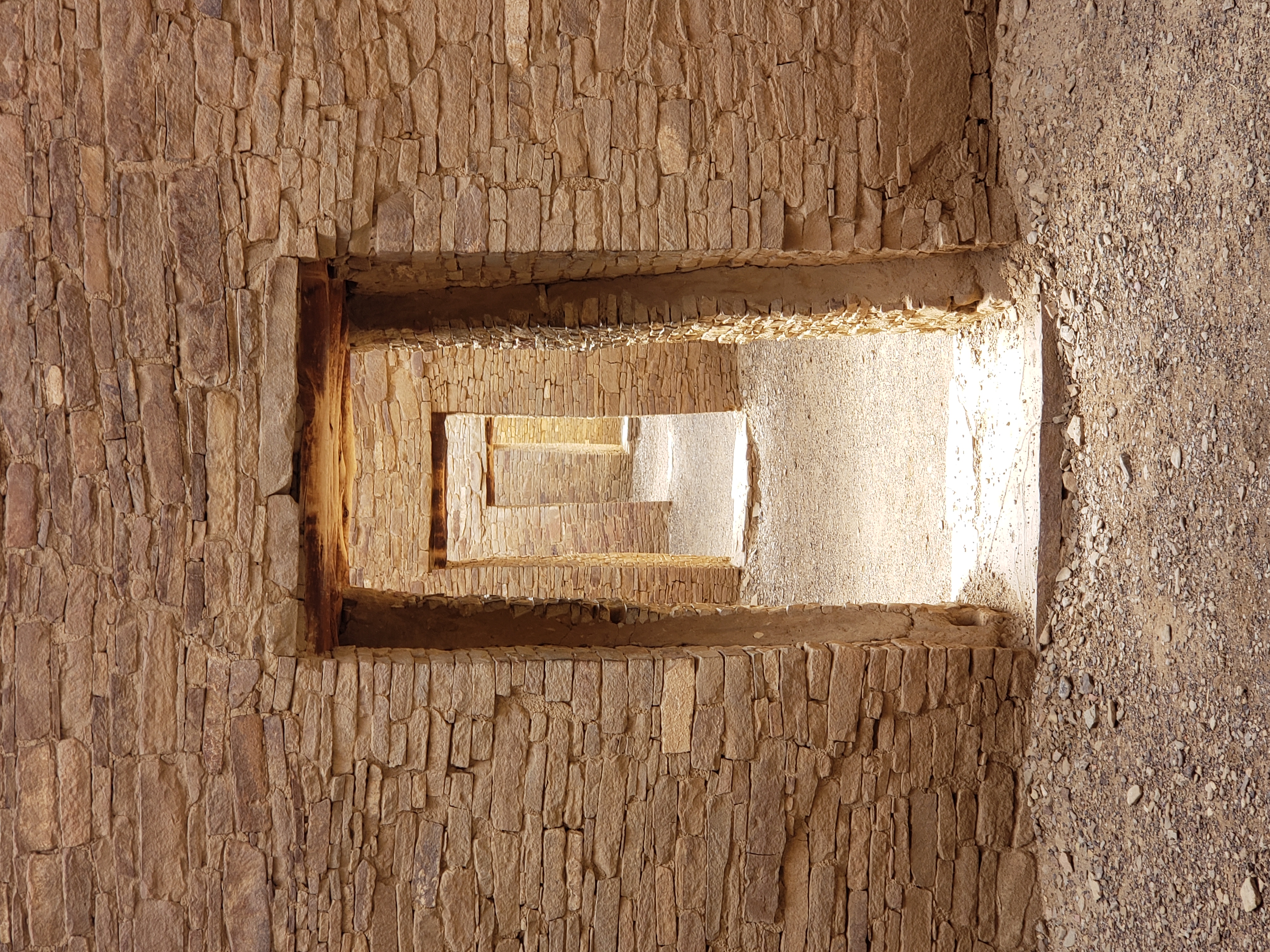We have a bond with the people we love. That bond does not go away when the people we love die. Under the best of circumstances, we can be alongside our loved ones as they die (and ourselves be accompanied when it’s our turn), and although it is difficult, we can have a sense of honoring our love through to the very end.
Some deaths are especially tragic or sudden, however. And when that happens, our bond — which honors our love — can pull us strongly to the ones who died, making it hard to stay well in life. It’s a kind of survivor guilt, a very common phenomena.
It not only affects us consciously, it can cross generations and affect us unconsciously. How can we thrive and be well when our ancestors had it so hard, and perhaps died so tragically? How can we step fully into life, when it feels like it is so unearned and unfair?
Last night I watched a documentary called “Torn.” It follows the family of Alex Lowe, one of the world’s greatest mountain climbers who died in an avalanche when his three sons were all under the age of 10. At the time, he was climbing with his best friend, Conrad Anker, who himself barely evaded the avalanche that killed Lowe. Afterward, Anker reached out to Lowe’s wife and sons, wanting to help the bereaved family. Eventually, he and Lowe’s widow fell in love, and he ended up adopting Lowe’s three sons and caring for them.

You can imagine what a complex experience this was for everyone. The layers of grief, guilt, love, resentment, and so much more, touch them all. Over the decades, each member of the family, in their own way, must learn the difficult lesson: life is for the living. It sounds trite, but systemically, this lesson is very important. Death is the end for all of us. Most of the people who’ve ever lived are now dead. Constellation work shows us that existence does not prefer life or death — each is as good as the other.
However, there is a rule that is very important: death is for the dead, and life is for the living. The living must live, fully, both as their own birthright, and in honor of those who preceded them and gave them life.
When death enters a family system tragically, this can be very difficult to bear. We may feel inclined to join the dead, and find unconscious ways to do that: not thriving fully, not having enough to be well, harming our bodies, living recklessly, refusing love, etc. These can all be ways we try to honor the tragically dead and in some way join them. However, it is not honor.
“Torn” finally reveals that Alex Lowe has lived and finished his life, and it is left to all members of his wonderful family to live theirs, fully. And they do the best they can in the light of their terrible grief. That is how they honor their love for Alex Lowe.
Honor the dead by living fully, until it is over. In what ways have you discovered this truth? I invite you to share your experiences on my blog, below.

Leave a Reply